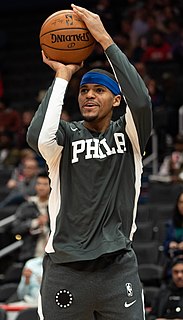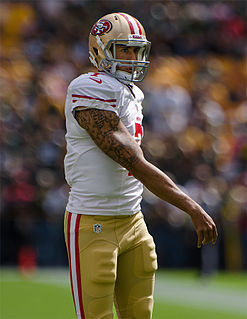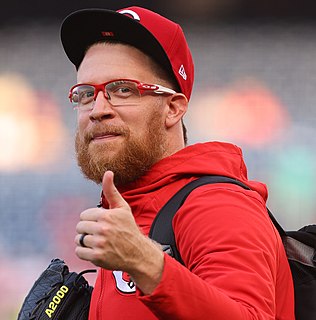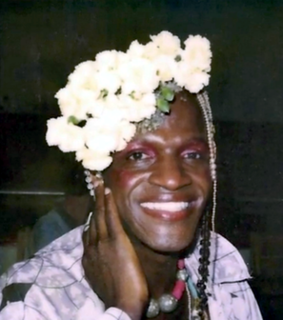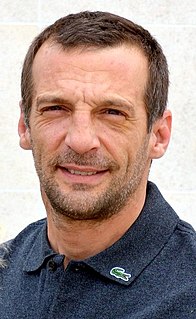A Quote by Tobias Harris
We been in the streets protesting for years about police brutality.
Quote Topics
Related Quotes
You're not going to have the police force representing the black and brown community, if they've spent the last 30 years busting every son and daughter and father and mother for every piddling drug offense that they've ever done, thus creating a mistrust in the community. But at the same time, you should be able to talk about abuses of power, and you should be able to talk about police brutality and what, in some cases, is as far as I'm concerned, outright murder and outright loss of justice without the police organization targeting you in the way that they have done me.
I have spent years representing victims of racial profiling and police brutality and investigating patterns of drug law enforcement in poor communities of color - and attempting to help people who have been released from prison attempting to 're-enter' into a society that never seemed to have much use to them in the first place.
In Crash, you've got a pathological cop who at the end justifies police brutality. He tells the naïve, young cop that you're going to end up the same as him. He's the most sympathetic character in the movie. So, the naïve cop ends up murdering this Black kid and tries to cover up the evidence. It sort of justifies police brutality and the planting of evidence which is what happened in the O.J. Simpson case.
It's been rough for me trying to find my position in the struggle and where my voice is needed and helpful. You know, I grew up in Philadelphia, and Philadelphia has a really rough police-brutality history. I grew up in a neighborhood where it was very clear that the police were "them" and we were "us".
I think we waste a lot of time trying to convince other people that we're right. A lot of times we don't actually care what another person thinks, we just want to say what we think. To hear it reflected back to us and that we're okay, to hear that we have been understood and that we're correct - so that we can continue to be who we are in the ways we've been being, and we have nothing to feel bad about and everything is just fine. Even if what we're talking about is, like, police brutality.
